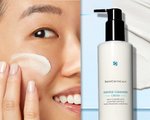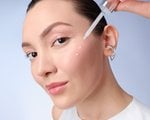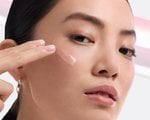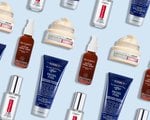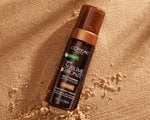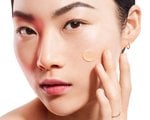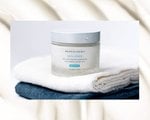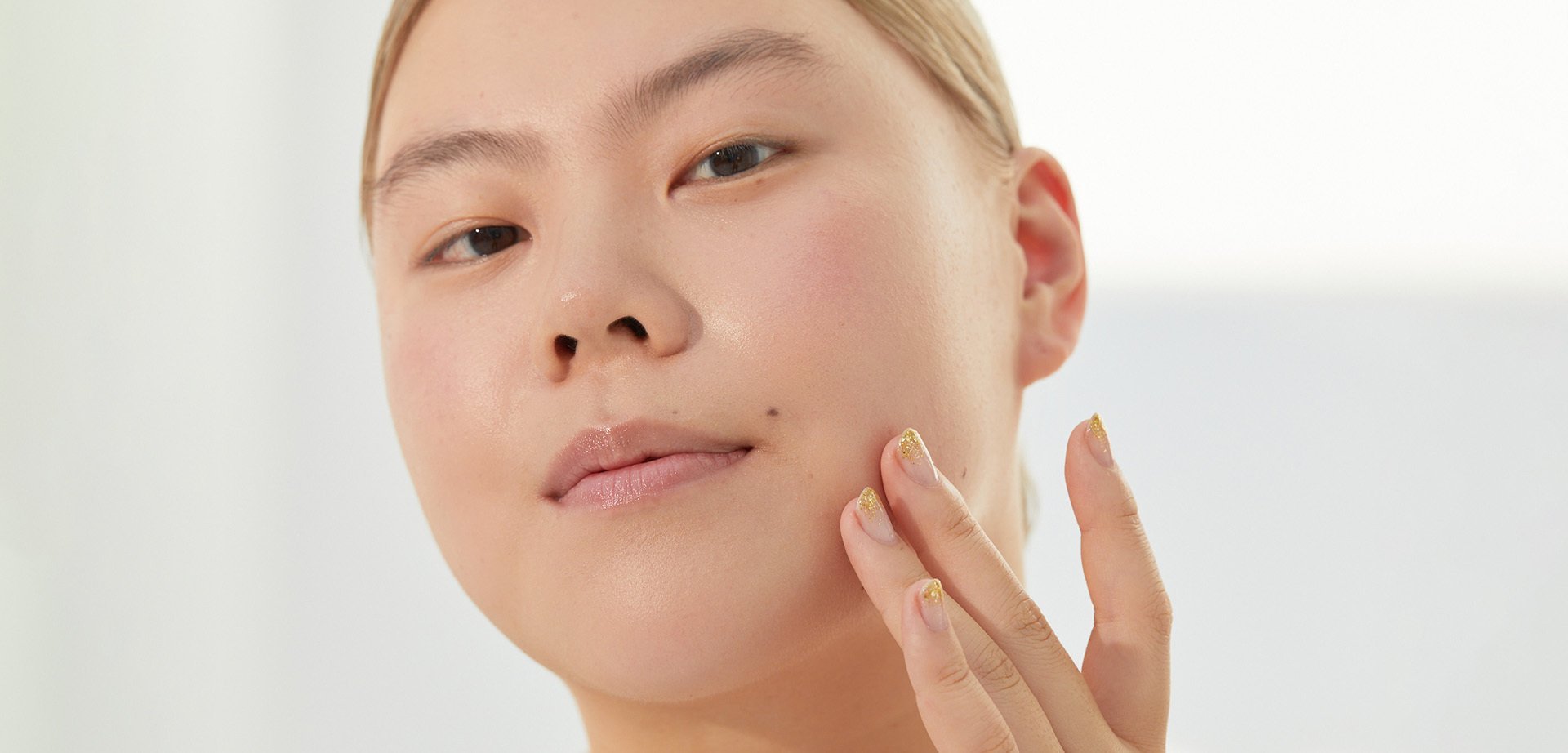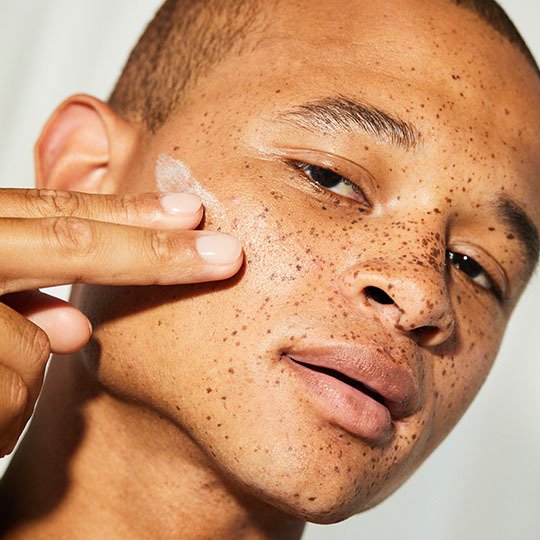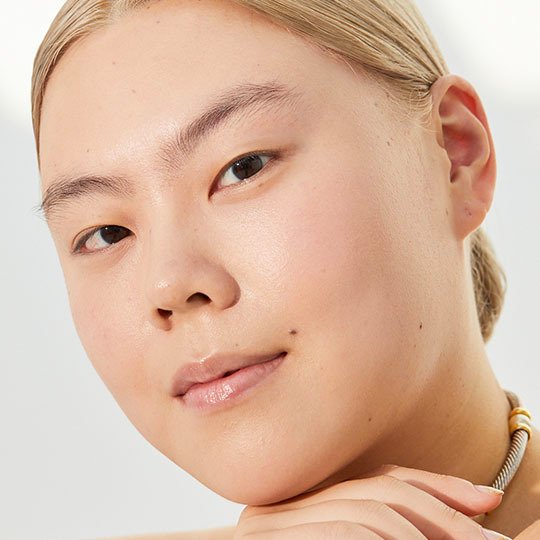Should You Change Your Skincare Routine? Plus, How to Do So Safely
October 12, 2023
How Often Can You Change Your Skincare Routine?
“Skincare products have the potential to work immediately, but to see the full potential results, I recommend giving the product at least four to six weeks,” says Dr. Lombardi. If you’re going to change up your skincare routine, she recommends doing so every season in order to give your products time to work.
Your skin’s needs may change with the seasons too. Many of us suffer from dry, flaky skin in the winter, even if your complexion is on the oily or combo side the rest of the year. If that’s the case, focus on incorporating more gentle, hydrating ingredients and richer moisturizers in your winter skincare routine. In the warmer months, you might find that a lightweight moisturizer offers all the hydration your skin needs.
What Ingredients Can You Switch Out of Your Skincare Routine?
“The three most important products in a skincare regimen are vitamin C, retinol and SPF,” says Dr. Lombardi. “These products are great for long-term use and are clinically proven to improve the appearance of aging skin.” Therefore, if you’re thinking about making a switch in your routine, we recommend trying products with these efficacious ingredients. If you’re new to retinol, we recommend the Vichy LiftActiv Pure Retinol Serum. When it comes to SPF, it’s important to find a formula you enjoy applying (and reapplying) every day — we like the La Roche-Posay Anthelios Mineral SPF Moisturizer With Hyaluronic Acid. As for vitamin C, one of our favorite serums is the SkinCeuticals C E Ferulic.

How Can You Minimize Irritation When Trying New Skincare Products and Ingredients?
While the aforementioned ingredients are effective at targeting a variety of skincare concerns, there is a possibility that incorporating a new product can irritate your skin. If you want to minimize the potential for breakouts or irritation, Dr. Lancer recommends patch testing and consulting with a dermatologist first to “ensure you are trying the right kinds of products and concentration of an ingredient for your skin.”
Patch testing is when you test a product on a small area of your skin, such as behind your ear lobe, to see if your skin reacts negatively. “You are looking out for things like rash-like bumps, hot spots, redness or inflammation — even a breakout,” Dr. Lancer explains. “To do this observation effectively, first cleanse the skin first behind the ear lobe, apply the product you are testing and leave it on for 15 minutes while you observe any changes, then apply all other products you intend to use with this test product.” You can repeat this process every day for a week to be sure your skin won’t react. If you don’t notice any irritation, chances of a reaction are likely low.
Finally, it’s a good idea to start with a product with a lower concentration of the new ingredient you are introducing, such as a 0.2% or 0.5% retinol instead of 1%. At first, you should only apply the product a couple of times a week, gradually increasing the frequency as your skin develops a tolerance to the ingredient.
What Factors Should You Consider Before Changing Your Skincare Routine?
“If you feel that a particular product is not suiting your skin type or if you notice your skin isn’t responding despite using a skincare regimen consistently, then you may want to consider switching it up,” notes Dr. Lombardi. Other signs that suggest you should discontinue a product or change your routine are breakouts, rashes, redness and any other irritations. “Look for products that are designed specifically to your skin type and consult with your dermatologist to see if you have specific skin conditions that require treatment by a pro so you can ensure you’re using the right products.”
If your skincare routine is delivering the results you want (and you’re applying SPF every day), then there’s really no need to change it. If you do want to try something new, most derms recommend incorporating one new product at a time, so you can immediately know the culprit of any new breakouts or irritation and stop using that particular product.
